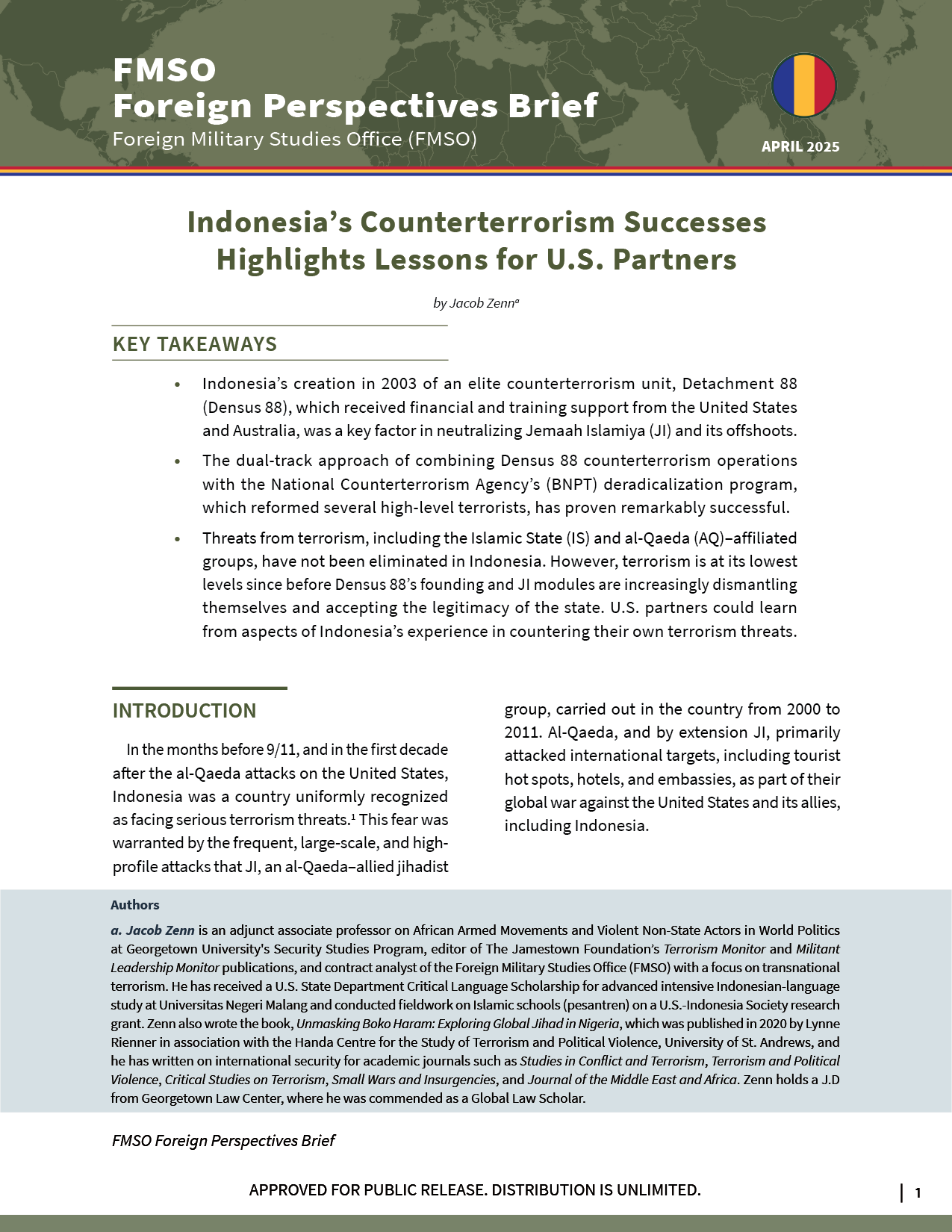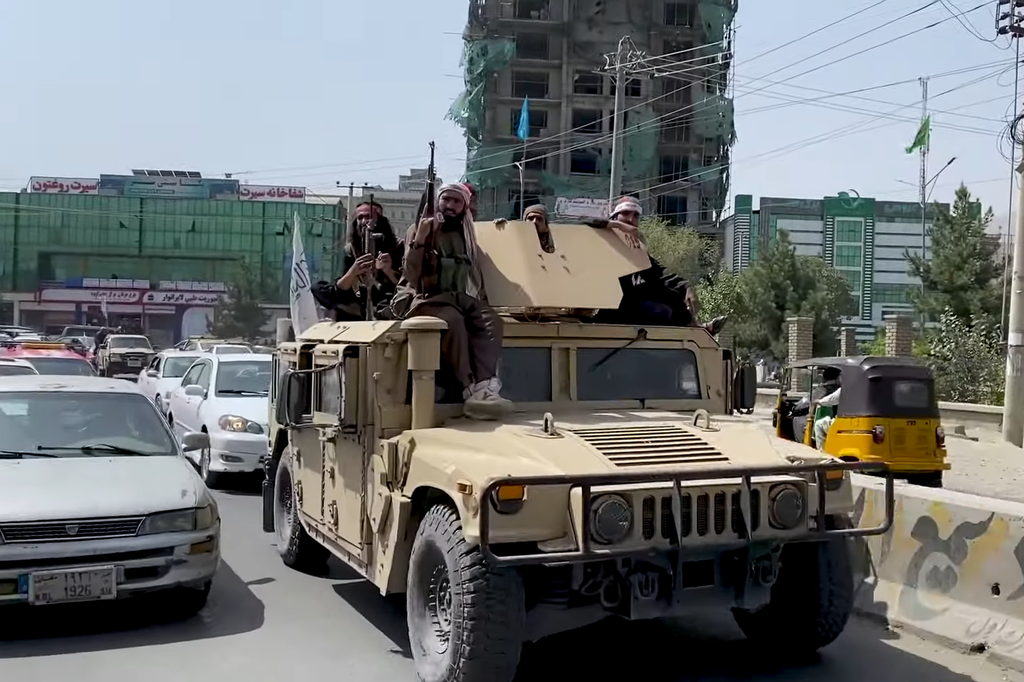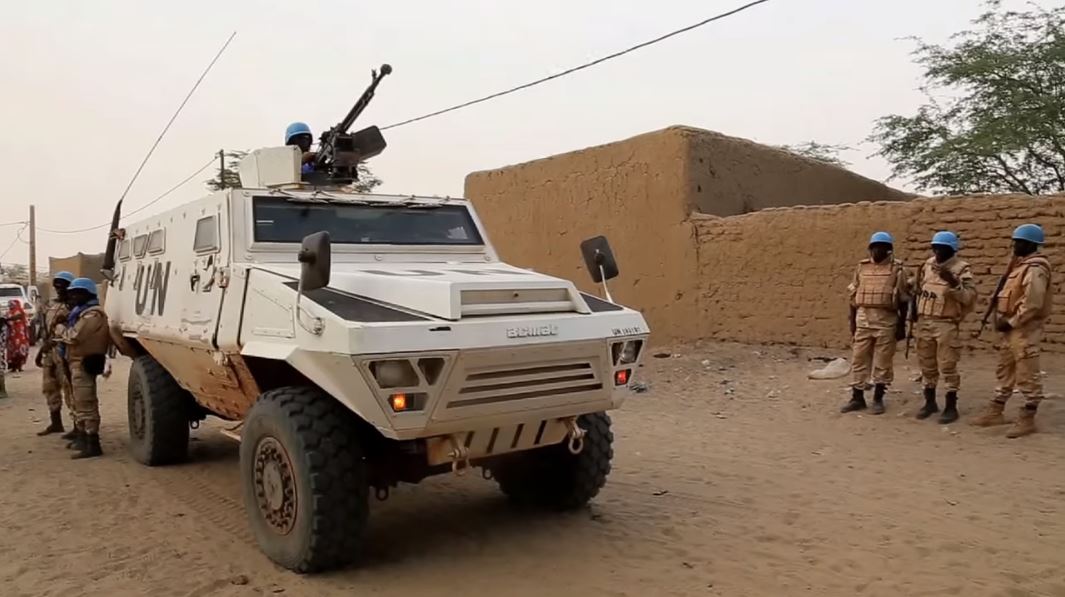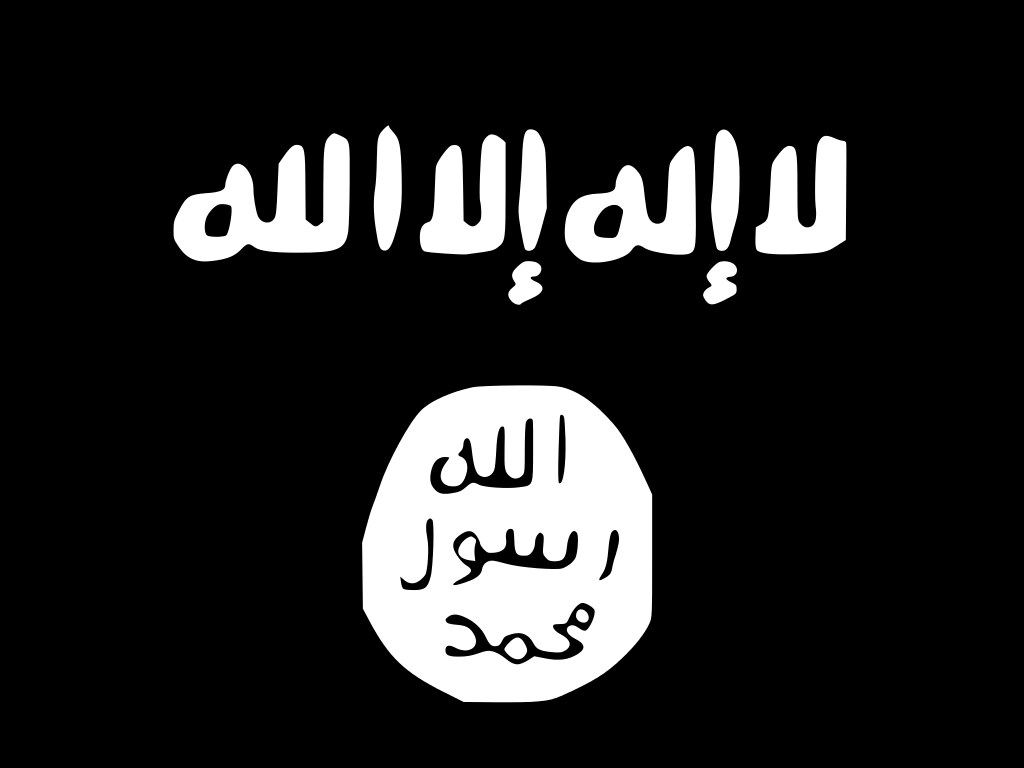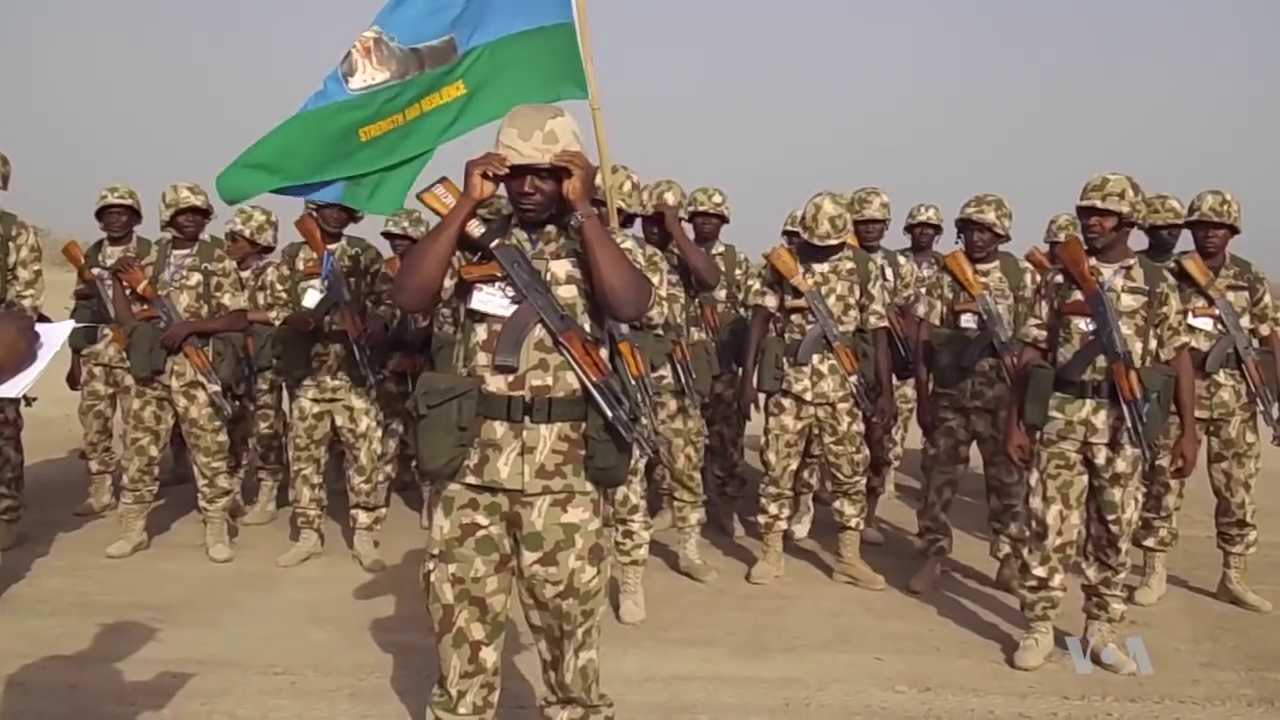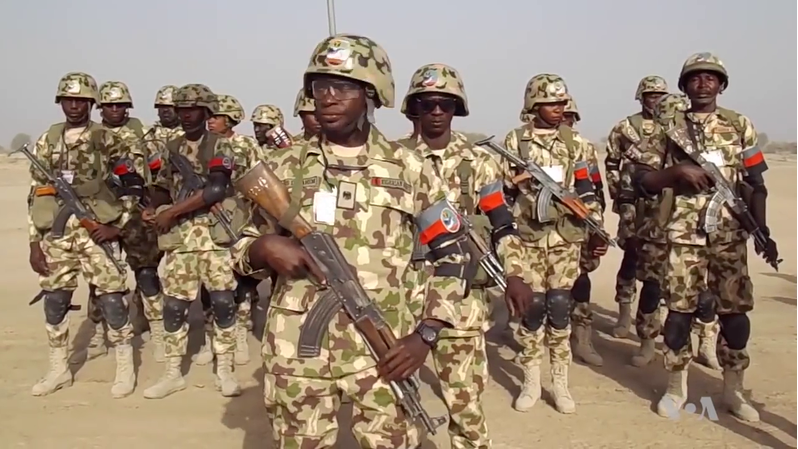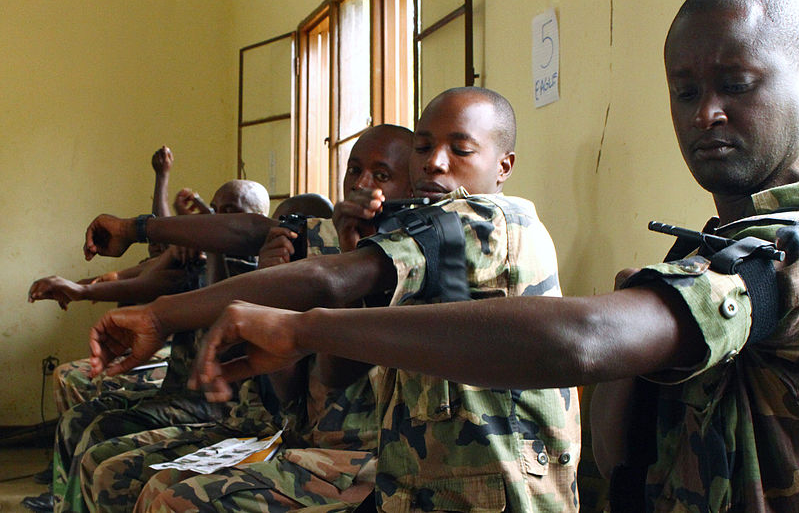Taliban Humvee in Kabul
“The Taliban government has said that it has defeated the Daesh group and will not allow the terrorist organization to use the territory of Afghanistan to pose any threat to other countries… At the same time, the spokesperson of the US Department of State said that the Taliban should remain committed to the fight against terrorism.”
Despite counterterrorism efforts by the Taliban, the Islamic State–Khorasan Province (IS-KP) has been responsible for a series of attacks in Afghanistan since the new year. According to the first excerpted article from Pashto-language public service news Radio Azadi, the Taliban previously stated it had defeated IS-KP; however, recent activity by the group indicates otherwise. Since its inception in 2014, IS-KP has conducted bombing and suicide attacks against both civilian and government targets, mainly in Afghanistan and Pakistan, resulting in an estimated 309 fatalities in 2021.[i] In January 2024, IS-KP claimed responsibility for detonating an improvised explosive device in Kabul, killing two civilians and wounding 14 more. This was the second IS-KP bombing in Afghanistan in less than a week.[ii] These attacks followed the highly publicized IS-KP–-claimed attack in Kerman, Iran, on 4 January, which killed as many as 84 people and injured scores more. Iran called it the single deadliest attack in the country since 1979.
Recent reporting suggests Afghanistan is once again being used as a terrorist training ground—this time by IS-KP rather than al-Qaeda. According to the second excerpted article from the Saudi news source Independent, two IS-KP suicide bombers were arrested in Pakistan and accused of planning to bomb the leaders of the Jamiat Ulema-i-Islam and National Awami political parties.[iii] The captured bombers admitted to receiving training in the Paktia province in Afghanistan, a remote area that shares a border with Pakistan. The article further notes that counterterrorism talks continue between Pakistan and Afghanistan, intended to decrease tension resulting from disagreements on how to handle Tehrik-e-Taliban Pakistan (TTP) leaders currently residing in Afghanistan. Although weakened, IS-KP appears able to continue to stage attacks in Afghanistan and the region at large. The Taliban is situated in a delicate position in the region, with any potential missteps in its counterterrorism strategy leading to an IS-KP resurgence. Internal disputes in the Taliban government have led to some Tajik Taliban members in the northern part of Afghanistan being investigated for links to IS-KP. Additionally, the Taliban does not appear to have any intention to reconcile with communities formerly linked with IS-KP, which could be a source of additional recruits for the organization. Finally, there is an ongoing concern among TTP leadership about members potentially defecting to IS-KP should the group’s jihad in Pakistan end.[iv]
Sources:
“کابل کې د ۲۰۲۴ کال لومړۍ چاودنه او د ملکیانو مرګ ژوبله (The first explosion of 2024 in Kabul and civilian casualties),” Radio Azadi (Radio Free Europe Affiliate), Accessed 13 January 2024. https://pa.azadiradio.com/a/32763886.html
At least two civilians were killed, and 14 others were injured in the first explosion of 2024 in Afghanistan, which took place in Dasht Barchi, a Shia-populated area west of Kabul. Khaled Zadran, the spokesman of the Taliban government’s Kabul police headquarters, said in a statement late yesterday that a caster-type vehicle was targeted in the blast. He announced the beginning of the investigation regarding this incident, for which no one has accepted responsibility. Before this, the Khorasan province branch of the Islamic State group or Daesh has accepted responsibility for some deadly attacks in the west of Kabul.
In the month of November, there was an explosion in Dasht Barchi that killed at least 7 people, and the responsibility was taken by Daesh, the Khorasan branch of the Islamic State group. According to the report of Agence France-Presse, although the level of insecurity has greatly increased after the Taliban regained control of Afghanistan, some armed groups, such as the Khorasan branch of the Islamic State group, or Daesh, are still considered a serious threat. The Daesh group also claimed responsibility for the killing of Dawood Muzamal, the Taliban governor for Balkh, last year. He was killed in a bomb attack in his office.
The Taliban government has said that it has defeated the Daesh group and will not allow the terrorist group to use the territory of Afghanistan to pose any threat to other countries. According to the report of the French news agency, the Acting Minister of Defense of the Taliban, Mohammad Yaqub Mujahid, last week announced a 90 percent decrease in the attacks of the Daesh group during the last year in Kabul. This is while the intelligence of the United States of America has said that the Daesh group in Afghanistan is involved in the bombings of the city of Kerman, Iran, last Wednesday. Two well-informed sources told the Reuters news agency last Friday that the communication information collected by the US proves that this attack, which killed nearly 100 people, was carried out by two attackers from the Khorasan province branch of the Islamic State group or Daesh… Taliban spokesman Zabihullah Mujahid has denied this report while talking to the media. He said that ISIS has no capacity or presence in Afghanistan to plan any attack in Iran. At the same time, the spokesperson of the US Department of State said that the Taliban should remain committed to the fight against terrorism in Afghanistan…
Last Wednesday, January 3rd, explosions took place in Kerman city of Iran during the ceremony of Qassem Soleimani, the former commander of IRGC Quds Force. Iran has called it the deadliest attack in the country since 1979. A day after the incident, the Islamic State or Daesh claimed responsibility for the attack on Thursday and said that two of its members planted explosives on their bodies. The group did not say that this was done by the Afghan branch of the Islamic State group or Daesh…
“بازداشت دو مهاجم انتحاری داعش «آموزشدیده در افغانستان» در پاکستان (Two ISIS suicide bombers ‘trained in Afghanistan’ were arrested in Pakistan),” Independent Persian (Persian language Saudi Research and Marketing Group Agency media outlet), 13 January 2024. https://www.independentpersian.com/node/382361/
Pakistan’s Counter-Terrorism Department said on Friday, January 12, that two suicide bombers belonging to the Khorasan branch of the Islamic State (ISIS), who planned to attack Maulana Fazl-ul-Rehman, the leader of the Jamiat Ulema-i-Islam Party, and Amil Wali Khan, the leader of the National Awami Party of that country, have been arrested. According to the Express Tribune, Najmul Hasnain Liaqat, one of the senior officials of Pakistan’s counter-terrorism department, said in a press conference in Peshawar that the two suicide bombers were arrested in Peshawar and two suicide vests, three hand grenades, and some explosives were recovered from them.
The official of the Anti-Terrorism Department said that the explosives of these suicide attackers have been neutralized, and they have confessed to planning suicide attacks against Maulana Fazl-ur-Rahman and Emil Wali Khan in the initial investigations.He said that these two ISIS suicide bombers were trained in Paktia province in Afghanistan and then went to Pakistan. Pakistan’s counter-terrorism department has not provided a document about the suicide training of these two ISIS members in Afghanistan. Taliban officials have not commented on this matter so far. But the Taliban deny training terrorists, including ISIS, in Afghanistan.
The Taliban call their suicide bombers “martyrs”. These forces have been trained in the training centers of the Taliban in such a way that they are ready to kill themselves to achieve the “dream of reaching heaven”. Among these suicide forces, there are a large number of young people who are waiting in line for a suicide attack and blowing themselves up on the way to the Taliban’s targets… Recently, ISIS has launched explosive and suicide attacks in Afghanistan, Pakistan and Iran. Maulana Fazl-ur-Rahman traveled to Afghanistan on Sunday, and met with Mullah Haibatullah Akhundzada, the leader of the Taliban, Mullah Hasan Akhund, the prime minister of the Taliban, Maulvi Abdul Kabir, the political deputy of the prime minister of the Taliban, Amir Khan Motaghi, the foreign minister of the Taliban, Mullah Yaqub, the minister of defense of the Taliban, and other officials. Jamiat Ulema Pakistan has claimed that Mullah Yaqoob told Maulana Fazl-ur-Rehman that the Taliban do not distinguish between themselves and Pakistan, and Mullah Yaqoob has expressed hope that the tension between the Taliban and Pakistan will decrease…The tension between the government of Pakistan and the Taliban regime has been formed in connection with how to deal with Tehreek-e-Taliban Pakistan (TTP). The government of Pakistan wants the Taliban to hand over the leaders of the TTP inside the territory of Afghanistan and not to allow this group to use the territory of that country to attack. But on the other hand, Taliban reject the presence of foreign terrorists like TTP in Afghanistan. Senior Taliban officials have repeatedly said that TTP is Pakistan’s internal problem and that country must deal with it. Following the domination of the Taliban over Afghanistan, the number of explosive and terrorist attacks in Pakistan has increased. TTP and its allied groups are responsible for most of these attacks. ISIS is also trying to increase attacks in Pakistan. America has described the presence of Daesh in Afghanistan as a serious threat to the region and the world.
Notes:
[i] For additional information on IS-K’s history, ideology, tactics, and a summarized threat assessment, visit: Catrina Doxsee, and Jared Thompson. “Examining Extremism: Islamic State Khorasan Province (ISKP),” Center for Strategic and International Studies, 8 September 2021. https://www.csis.org/blogs/examining-extremism/examining-extremism-islamic-state-khorasan-province-iskp
[ii] See: “داعش مسئولیت دومین انفجار مرگبار در کابل را هم بر عهده گرفت (ISIS also claimed responsibility for the second deadly explosion in Kabul),” Radio Farda, 9 January 2024. https://www.radiofarda.com/a/kabul-isis/32768439.html
[iii] Pakistan’s parliamentary election is scheduled for 8 February 2024. A detailed list of political parties and their political affiliations published by the UK Government can be found here: “Country Policy and Information Note Pakistan: Political Parties and Affiliation,” Home Office UK Government, May 2023. https://assets.publishing.service.gov.uk/media/645cb936ad8a03000c38b295/PAK_CPIN_Political_parties_and_affiliation.pdf
[iv] The ICCT published a recent analysis on the potential resurgence of IS-KP and the Taliban’s counterterrorism efforts at: Antonio Giustozzi. “The Islamic State in Khorasan between Taliban counter-terrorism and resurgence prospects,” International Centre for Counter-Terrorism, January 30, 2024. https://www.icct.nl/publication/islamic-state-khorasan-between-taliban-counter-terrorism-and-resurgence-prospects
Image Information:
Image: Taliban Humvee in Kabul
Source: https://commons.wikimedia.org/wiki/File:Taliban_Humvee_in_Kabul,_August_2021_(cropped).png
Attribution: Public Domain

